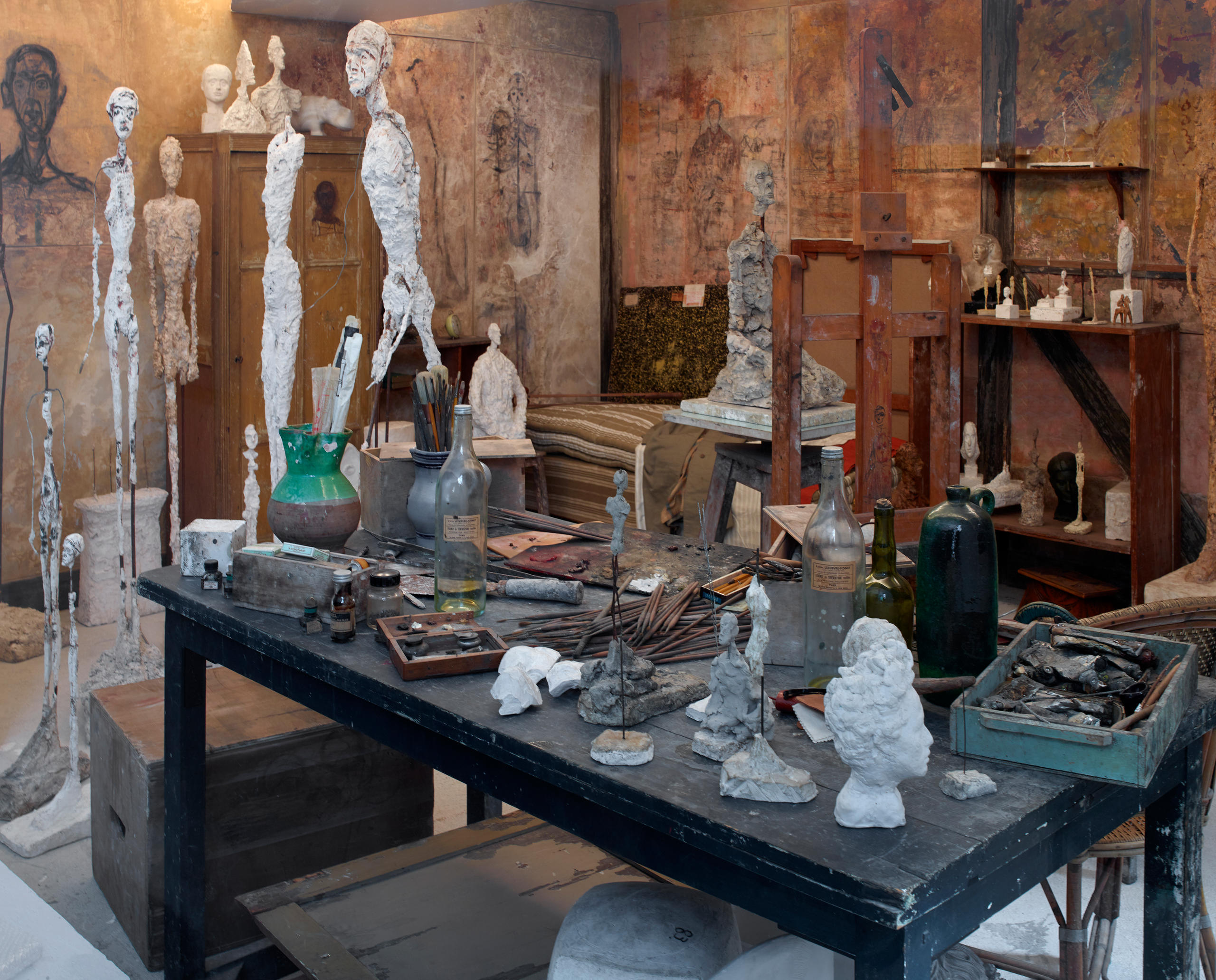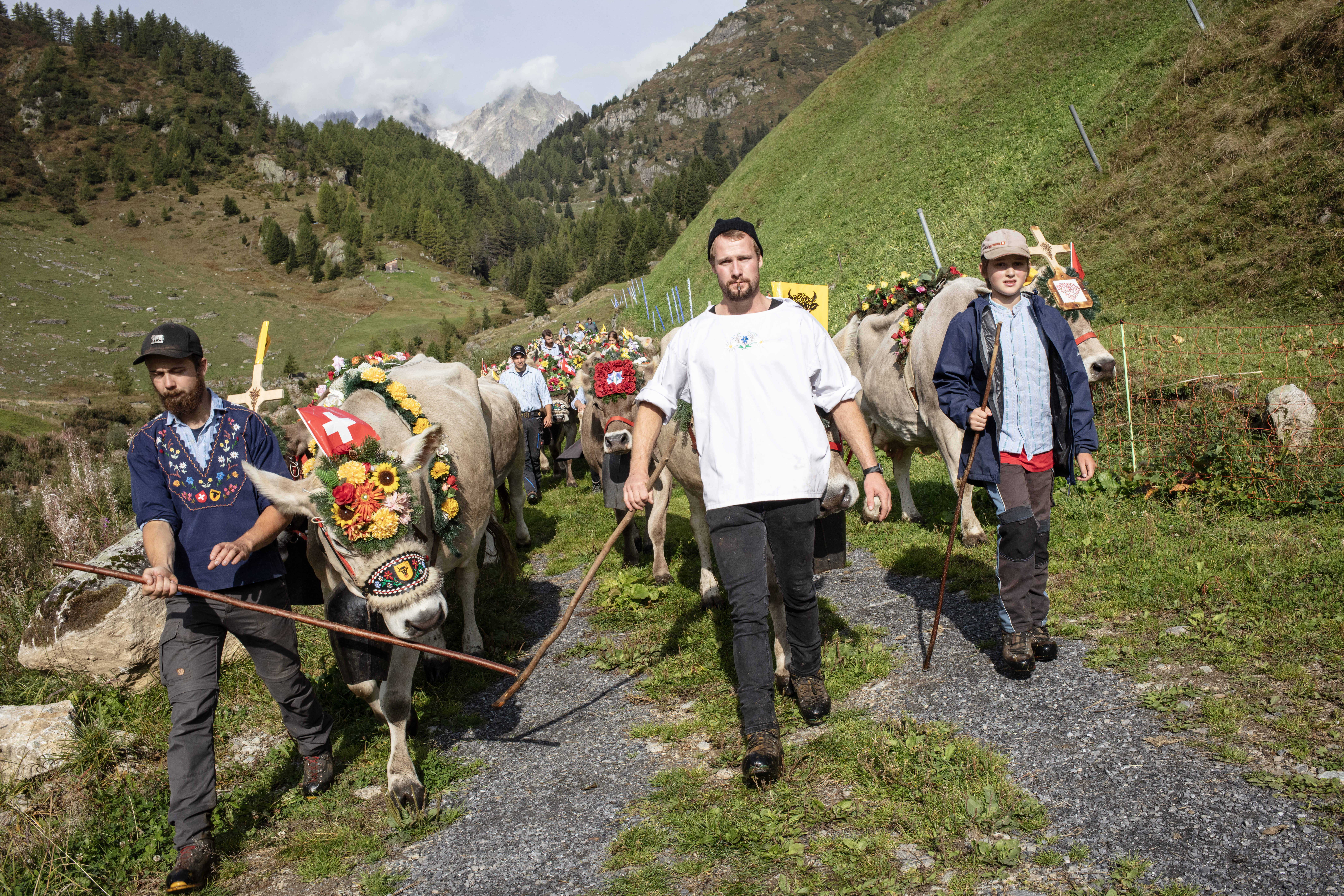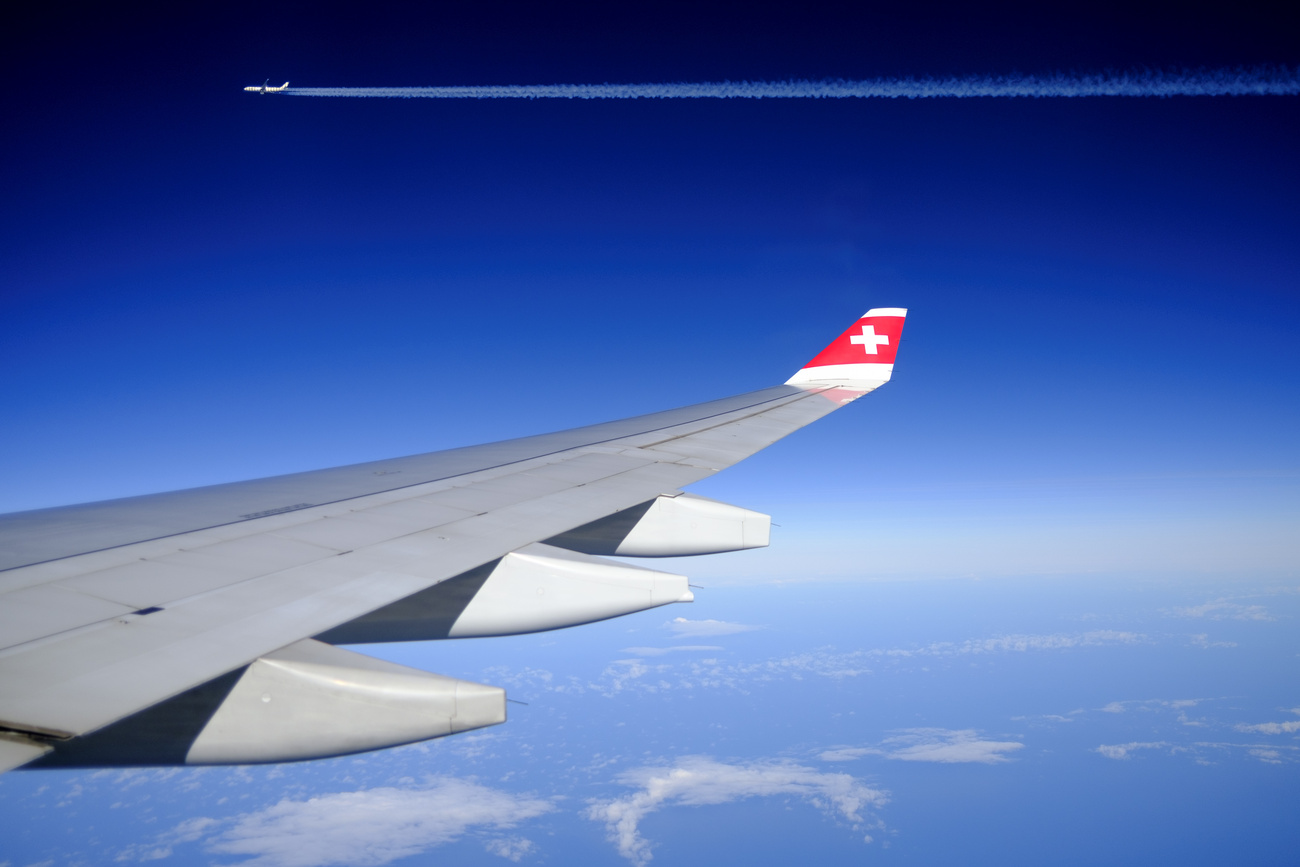
Holcim’s Lafarge on Trial Over Millions Paid to Syria Terrorists
(Bloomberg) — Holcim Ltd.’s Lafarge is set to stand trial in Paris accused of illegally paying terrorist groups millions of euros a decade ago to keep open a cement plant in part of Syria then controlled by Islamic State and an al-Qaeda affiliate.
The trial starting Tuesday stems from claims that Lafarge intentionally violated 2013 sanctions. The alleged breach could carry a fine of up to 10 times the value of the violation, estimated in the indictment at about €4.7 million ($5.4 million).
The legal peril for the cement maker extends beyond sanctions. Lafarge is also accused of terrorism financing for having made monthly security payments via intermediaries to both groups and for purchasing raw materials from suppliers linked to them. Several former Lafarge executives and alleged intermediaries are also on trial.
Beyond the monetary impact, Holcim will also have to weather six weeks of hearings examining alleged deals Lafarge made with Islamic State and the al-Qaeda-linked Al-Nusra Front to keep the $680 million installation running in the war-torn country. Over the past years, negative news on the investigation has routinely pulled down the stock.
In one document referred to in the indictment and dated April 2014, Islamic State allegedly wrote: “Kindly allow the employees of Lafarge Cement Syria to pass after the needed check since they have paid their dues to us.”
Through a Lafarge spokesperson, Holcim described the case as a “legacy” issue that “Lafarge is addressing responsibly through the legal process.” Some defendants claim the indictment isn’t valid as it doesn’t mirror previously pressed charges and say the court hearings should be postponed while it is reissued.
If their arguments don’t prosper, the court hearings scheduled to run until mid-December risk being a further blot on the reputation of Lafarge, billed as Holcim’s equal when their merger was first mooted in 2014 and now just a subsidiary.
The terrorism financing trial in France is just part of Lafarge’s legal woes linked to its Syria plant. French investigators have also charged it over suspicions it aided and abetted crimes against humanity in a case that is running on a parallel track. No decision has been made on any trial in that probe.
US authorities ran their own investigation, which led to Lafarge pleading guilty in 2022 and agreeing to pay $777.8 million. The Justice Department said at the time that Lafarge paid Islamic State and Al-Nusra, via intermediaries, the equivalent of about $5.92 million between August 2013 through October 2014.
The settlement has left former executives in the lurch, according to Bruno Lafont, who led Lafarge for a decade until 2015 and was initially due to head the merged LafargeHolcim entity.
“The guilty plea is a flagrant violation of the presumption of innocence, which throws former Lafarge executives to the wolves,” according to Lafont’s lawyers Jacqueline Laffont and Quentin de Margerie.
They said Lafont had “immediately” decided to shut the Syria plant the first time he ever heard of a possible agreement with Islamic State in August 2014.
A lawyer for Christian Herrault, the former operations vice president at France’s Lafarge SA, described the payments at issue as a “racket” made under duress to ensure the safety of local staffers.
The attorney, Solange Doumic, said the company was faced with demands from more than fifteen different factions in Syria.
“They didn’t know who was who, who did what” and “we didn’t know how bad IS was at that time,” she said, adding that Syria’s current leader, Ahmed Al-Sharaa, previously headed Al-Nusra.
Representatives for Bruno Pescheux, who ran the Syrian unit of Lafarge between 2008 and 2014, and the man who replaced him, Frederic Jolibois, declined to comment.
One of the alleged key intermediaries, Firas Tlass, is facing an arrest warrant and isn’t expected to attend the trial. He didn’t immediately respond to a request for comment.
Kidnapings, Ransoms
Lafarge’s Jalabiyeh factory had only been operational for about six months when protests against the Syrian regime erupted in March 2011.
The French indictment highlights the increasingly dire security situation on the ground beginning in 2012 with the sequestration of two plant staffers by rebels opposed to the regime of former Syrian President Bashar al-Assad.
The document mentions further kidnapings, ransom disbursements and the emergence of the notion of security payments to armed groups. These were initially earmarked for groups such as the Free Syrian Army but, as the conflict evolved, payments to Islamic State started cropping up in November 2013.
As the conflict in Syria worsened, Lafarge evacuated the factory on Sept. 19, 2014. Days later, Islamic State fighters took control and it was later written off.
–With assistance from Allegra Catelli.
©2025 Bloomberg L.P.






























